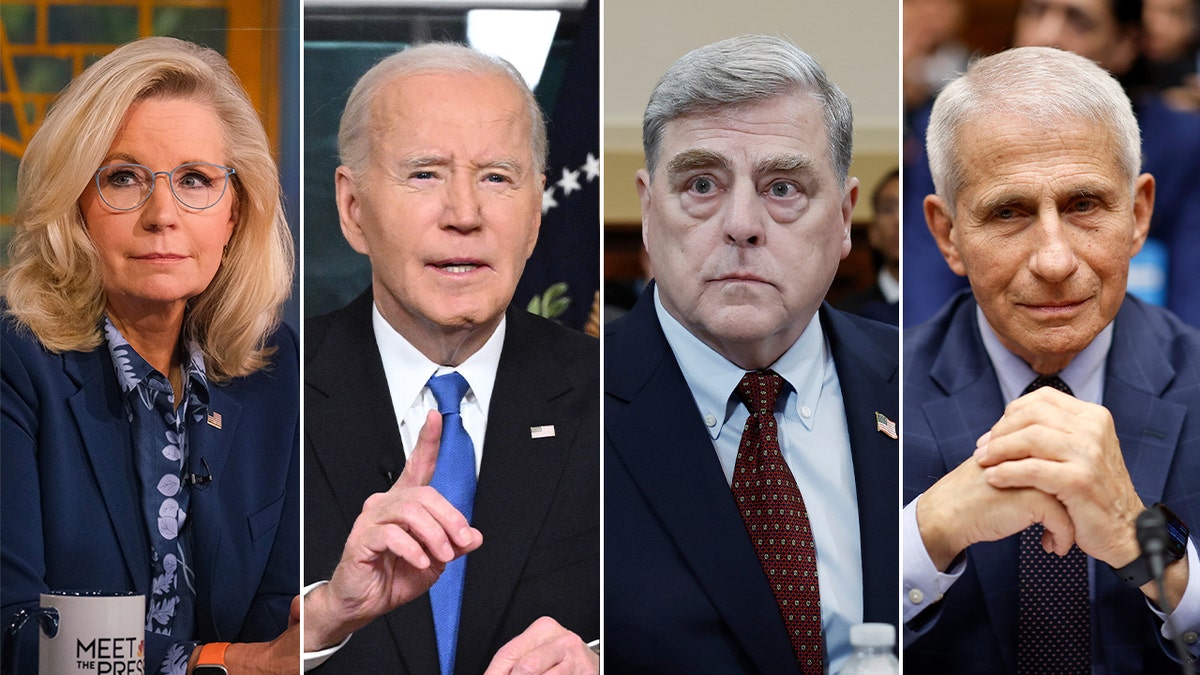President Biden's decision to issue preemptive pardons to several prominent figures, including General Mark Milley, former Representative Liz Cheney, and Dr. Anthony Fauci, has ignited a firestorm of criticism and debate. These pardons, granted on Biden's last day in office, have been met with strong reactions from across the political spectrum.
Critics argue that these pardons undermine the rule of law and set a dangerous precedent. Journalist Glenn Greenwald characterized the move as "the perfect expression of the American political realignment and the rotted soul of the Democratic Party." Senator Rand Paul directly linked the pardon of Dr. Fauci to responsibility for the COVID-19 pandemic, stating, "If there was ever any doubt as to who bears responsibility for the COVID pandemic, Biden’s pardon of Fauci forever seals the deal."
Former President Trump, in a text message to NBC's Kristen Welker, called the pardons "disgraceful," asserting that "many are guilty of MAJOR CRIMES!" Florida Governor Ron DeSantis echoed this sentiment, suggesting that the pardons demonstrate how "the swamp protects its own."
General Milley, in a statement acknowledging his acceptance of the pardon, expressed gratitude to President Biden and a desire to avoid future legal battles. He emphasized his long service to the nation and his wish to protect his family and friends from the potential fallout of such proceedings.

President Biden defended the pardons, stating that they should not be interpreted as an admission of guilt on the part of the recipients. However, this explanation has done little to quell the controversy. Critics like Michael Shellenberger, Chair of Politics, Censorship and Free Speech at the University of Austin, argue that the very act of pardoning suggests an underlying assumption of wrongdoing, particularly in the case of Dr. Fauci.
The pardons also draw attention to the earlier pardon of Hunter Biden, the President's son, which faced criticism for potentially conflicting with the President's stated commitment to the rule of law. This prior action adds another layer of complexity to the current debate.
The preemptive nature of the pardons, extending to individuals who have not been formally charged with any crimes, has further fueled the controversy. Commentator Mary Kathrine Ham summarized this concern, stating, "No one is above the law except people who get blanket, preemptive pardons."
Notably absent from the list of pardons are figures like Special Counsel Jack Smith, former FBI Director Christopher Wray, and Attorney General Merrick Garland, despite speculation that they might face scrutiny from the incoming administration. This omission has led to further questions and speculation about the motivations behind the pardons.
Comments(0)
Top Comments